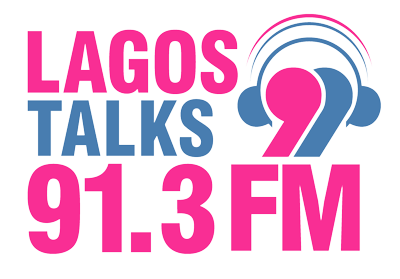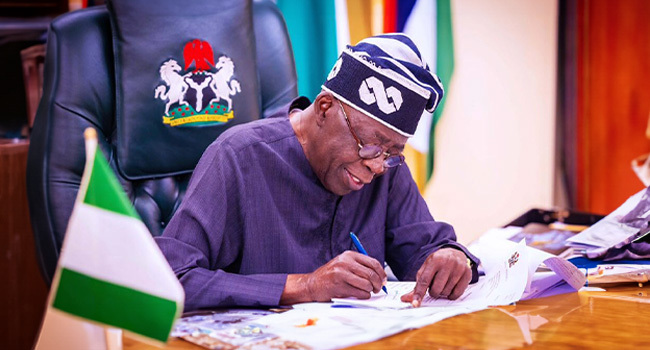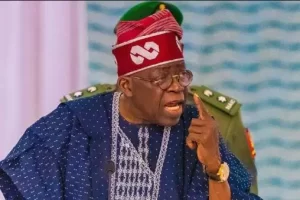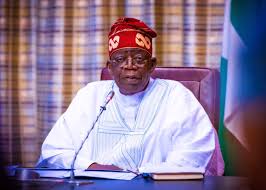President Bola Tinubu has officially signed the N70,000 per month minimum wage bill into law, concluding months of intensive deliberations and negotiations among government authorities, labour unions, and the private sector.
The signing ceremony took place at the State House in Abuja on Monday, marking a significant step towards improving the livelihoods of Nigerian workers.
The bill’s passage through the National Assembly culminated last week, receiving approval from both legislative chambers. The President of the Senate, Godswill Akpabio, led a delegation from the National Assembly to witness the historic event, which included key members of the House of Representatives.
During the signing ceremony, President Tinubu emphasized the administration’s commitment to enhancing the welfare of Nigerian workers and ensuring that the nation’s economic growth translates into tangible benefits for its citizens.
“Today, we take a decisive step towards ensuring that every Nigerian worker receives a fair and just wage for their hard work and dedication,” Tinubu stated. “This new minimum wage is a testament to our administration’s commitment to improving the standard of living for all Nigerians.”
The new minimum wage law, which sets the monthly minimum wage at N70,000, is expected to impact millions of workers across the country, particularly those in lower-income brackets. It reflects the government’s recognition of the rising cost of living and the need to adjust wages accordingly to support the economic well-being of its citizens.
Labour unions, which have been at the forefront of the push for a higher minimum wage, welcomed the signing of the bill into law. Ayuba Wabba, President of the Nigeria Labour Congress (NLC), expressed satisfaction with the outcome, describing it as a victory for Nigerian workers.
“This is a significant achievement for all Nigerian workers who have been waiting for this moment,” Wabba said. “We appreciate the efforts of the government and the National Assembly in making this a reality.”
The private sector has also shown a positive response to the new minimum wage, with many businesses acknowledging the need to improve workers’ compensation. However, some business leaders have raised concerns about the potential impact on operating costs and have called for measures to support small and medium-sized enterprises (SMEs) in adjusting to the new wage structure.
In his remarks, Senate President Godswill Akpabio highlighted the collaborative effort that went into the passage of the bill. “This milestone is the result of collective efforts and constructive dialogue between the government, labour unions, and the private sector. It demonstrates our shared commitment to the welfare of Nigerian workers,” Akpabio said.












